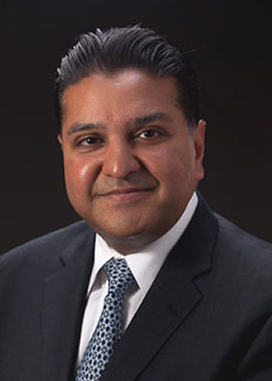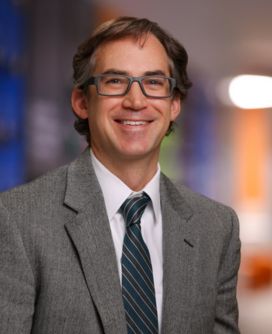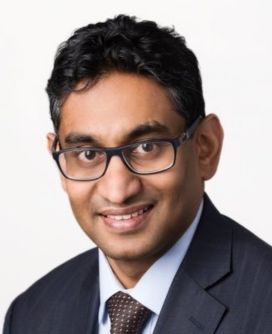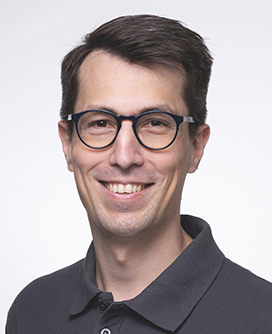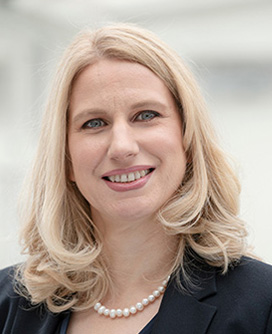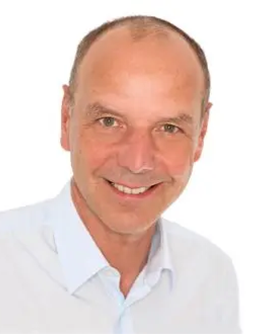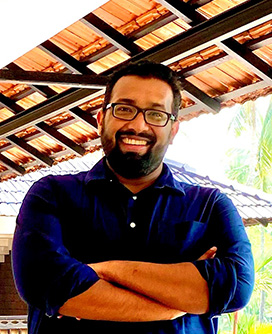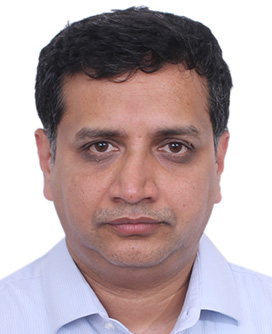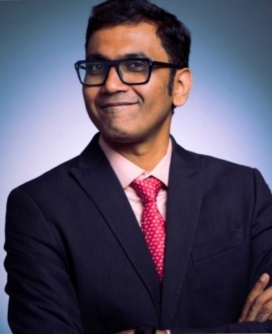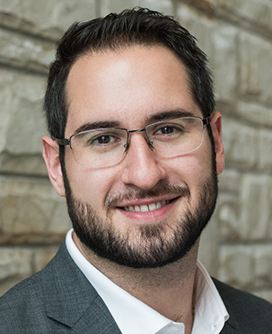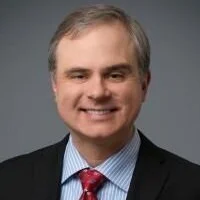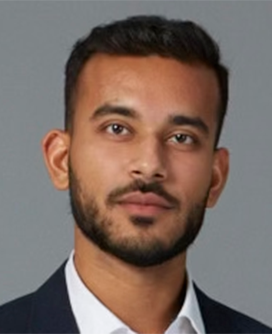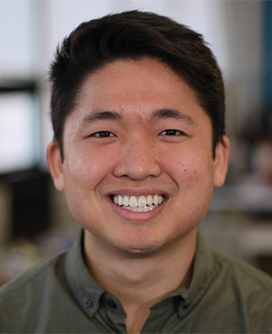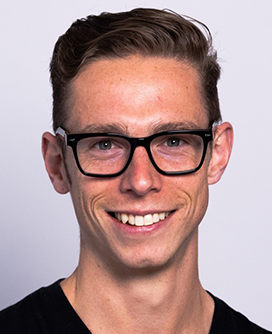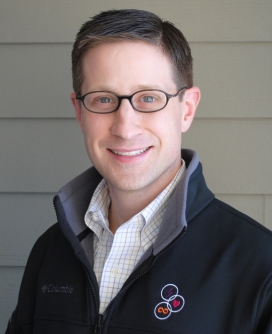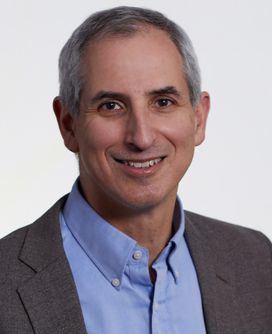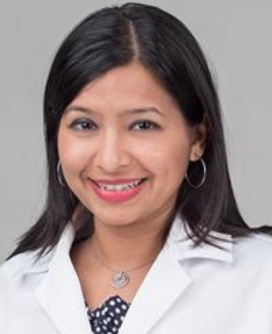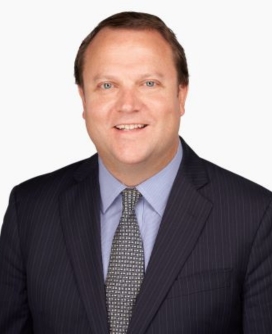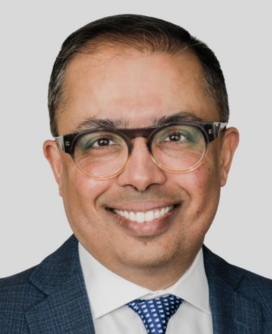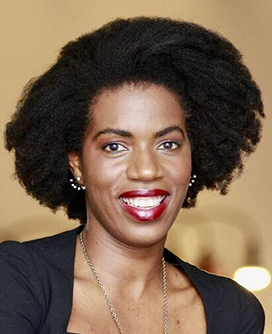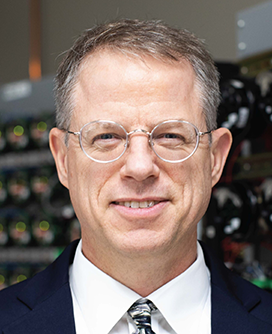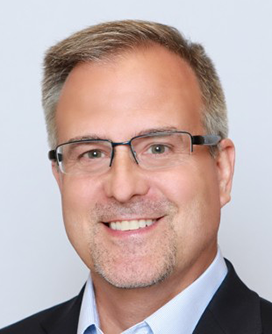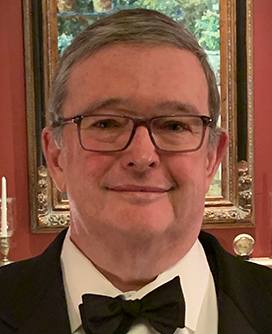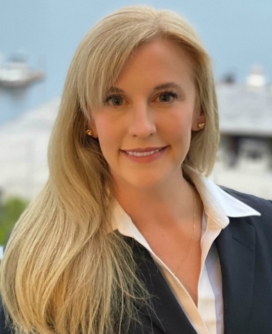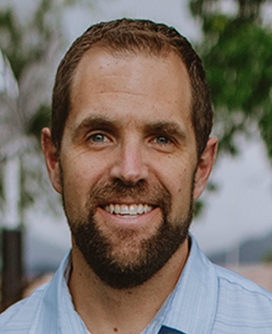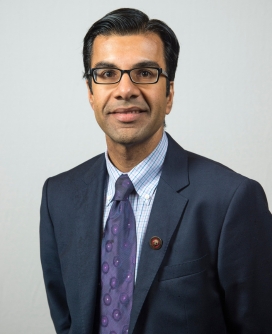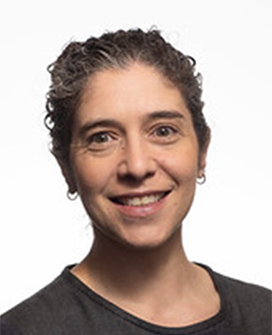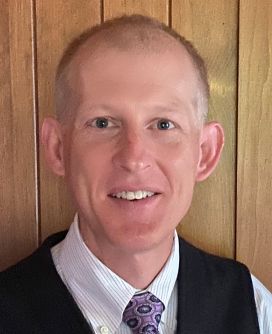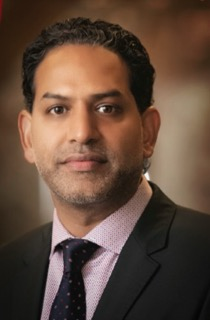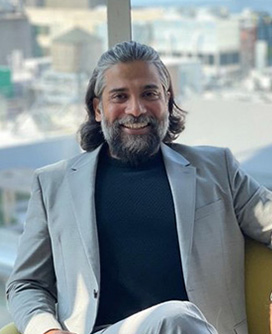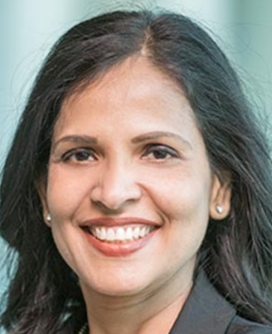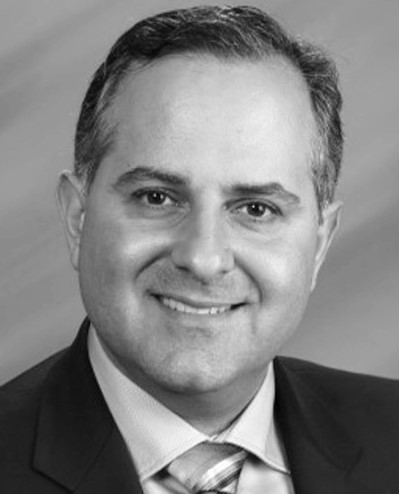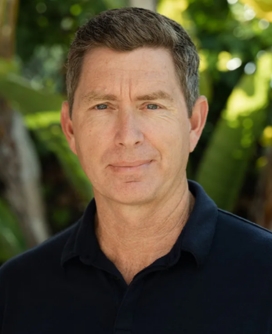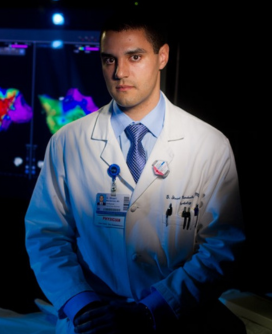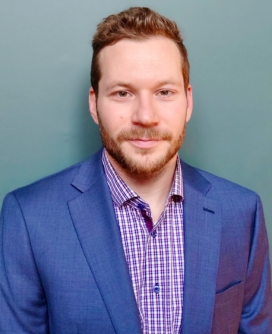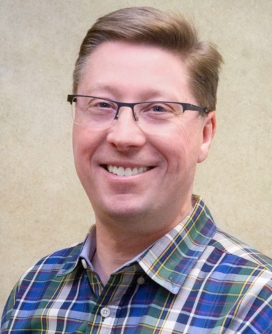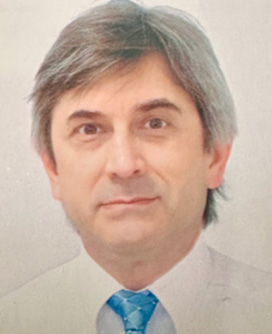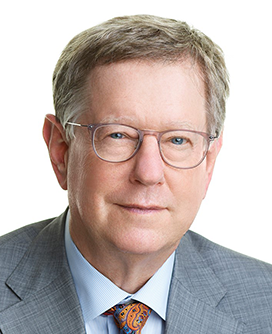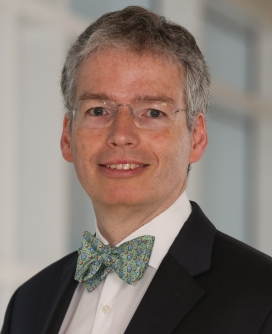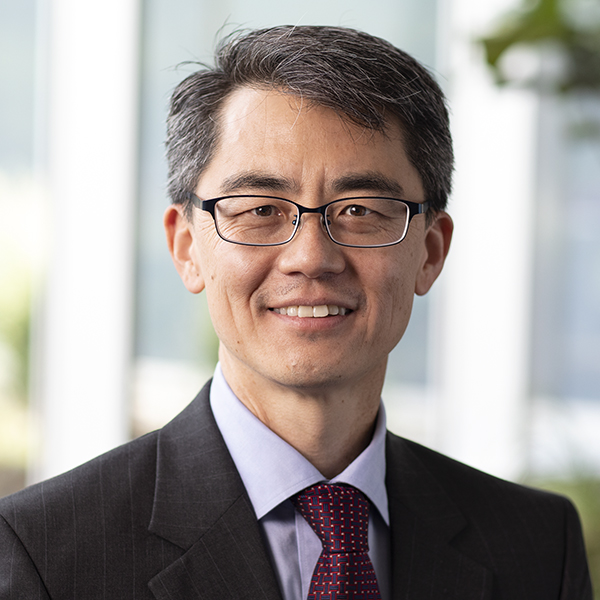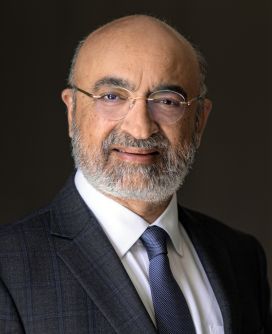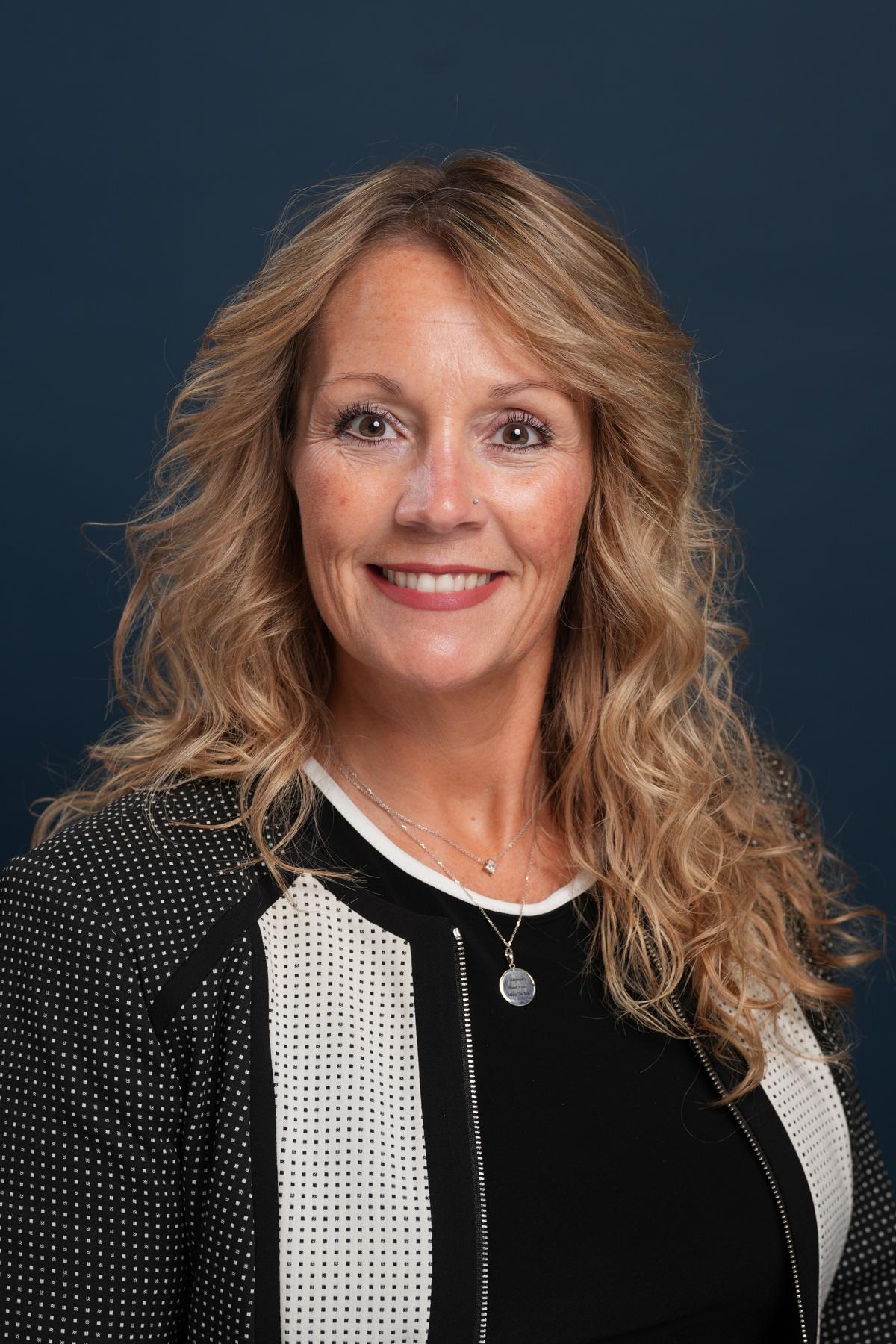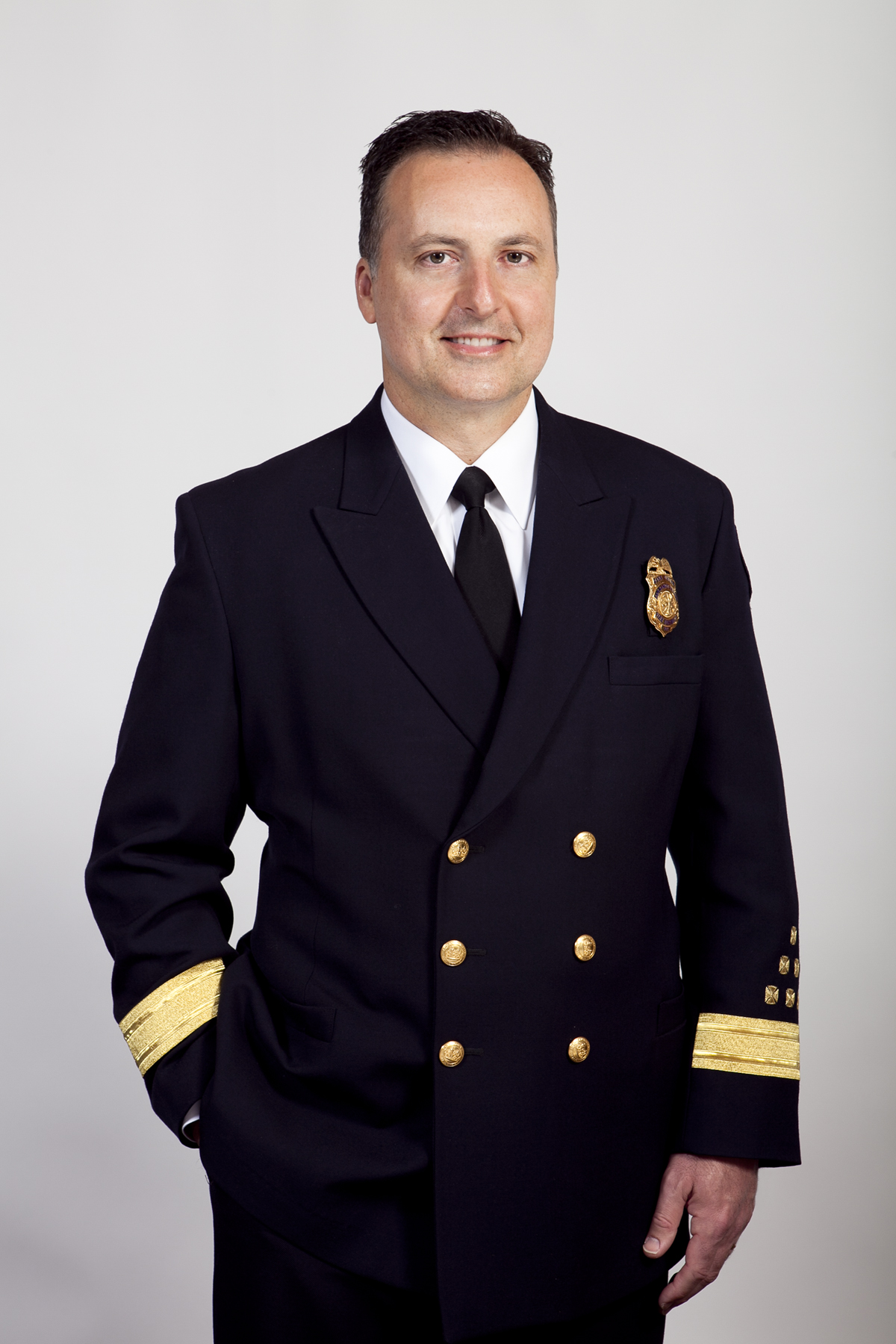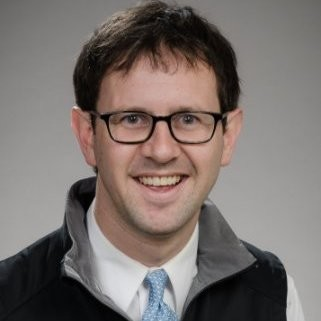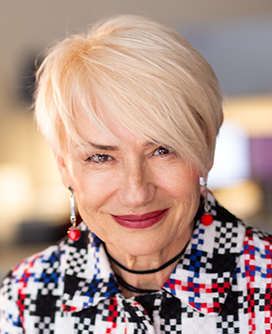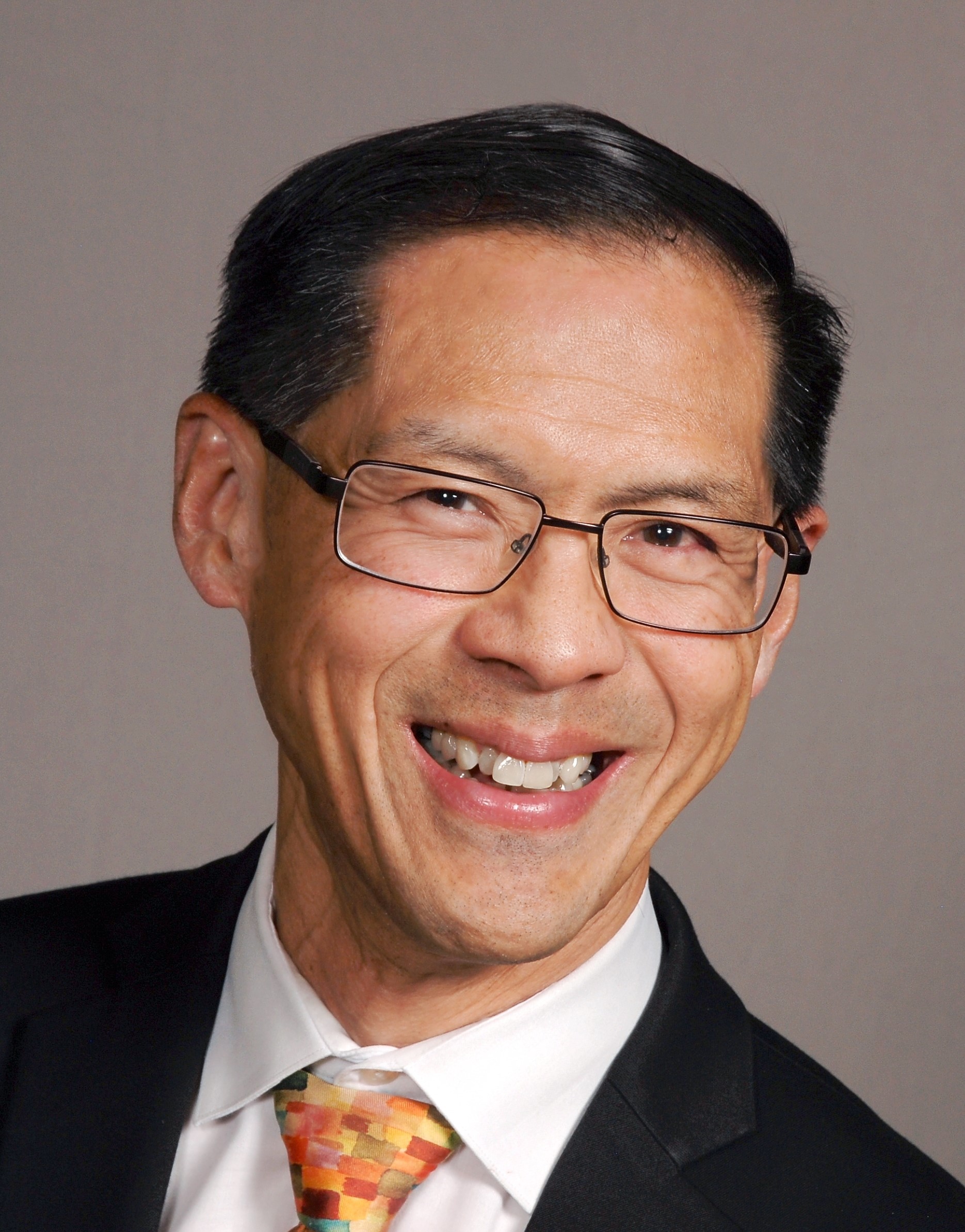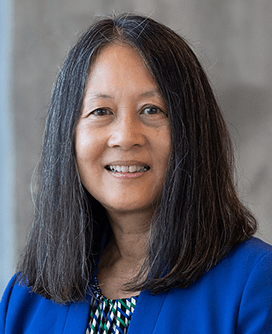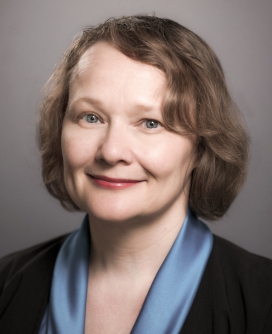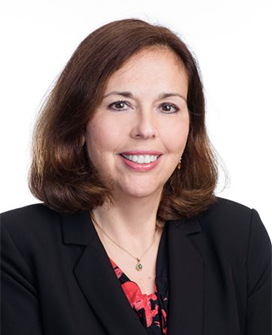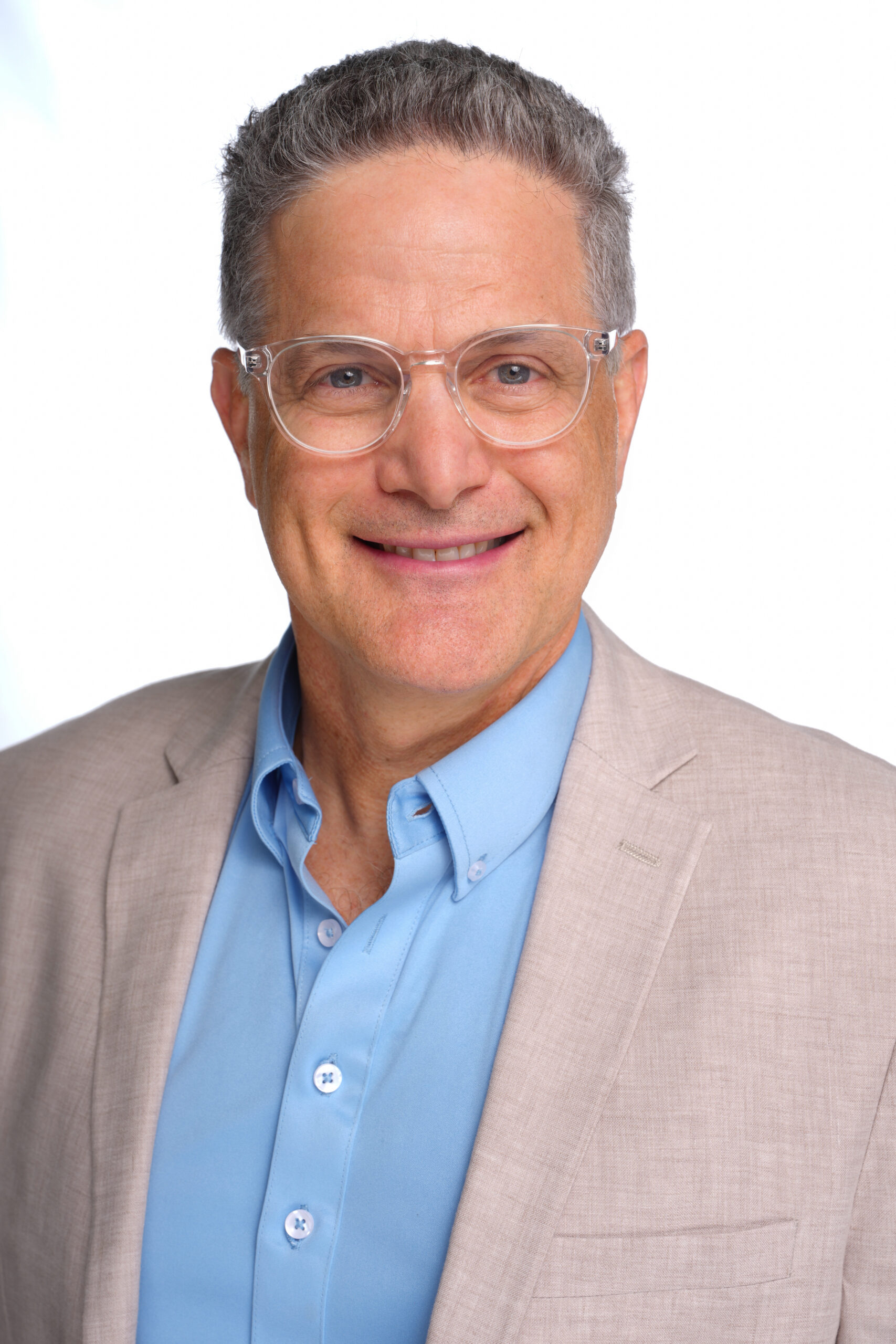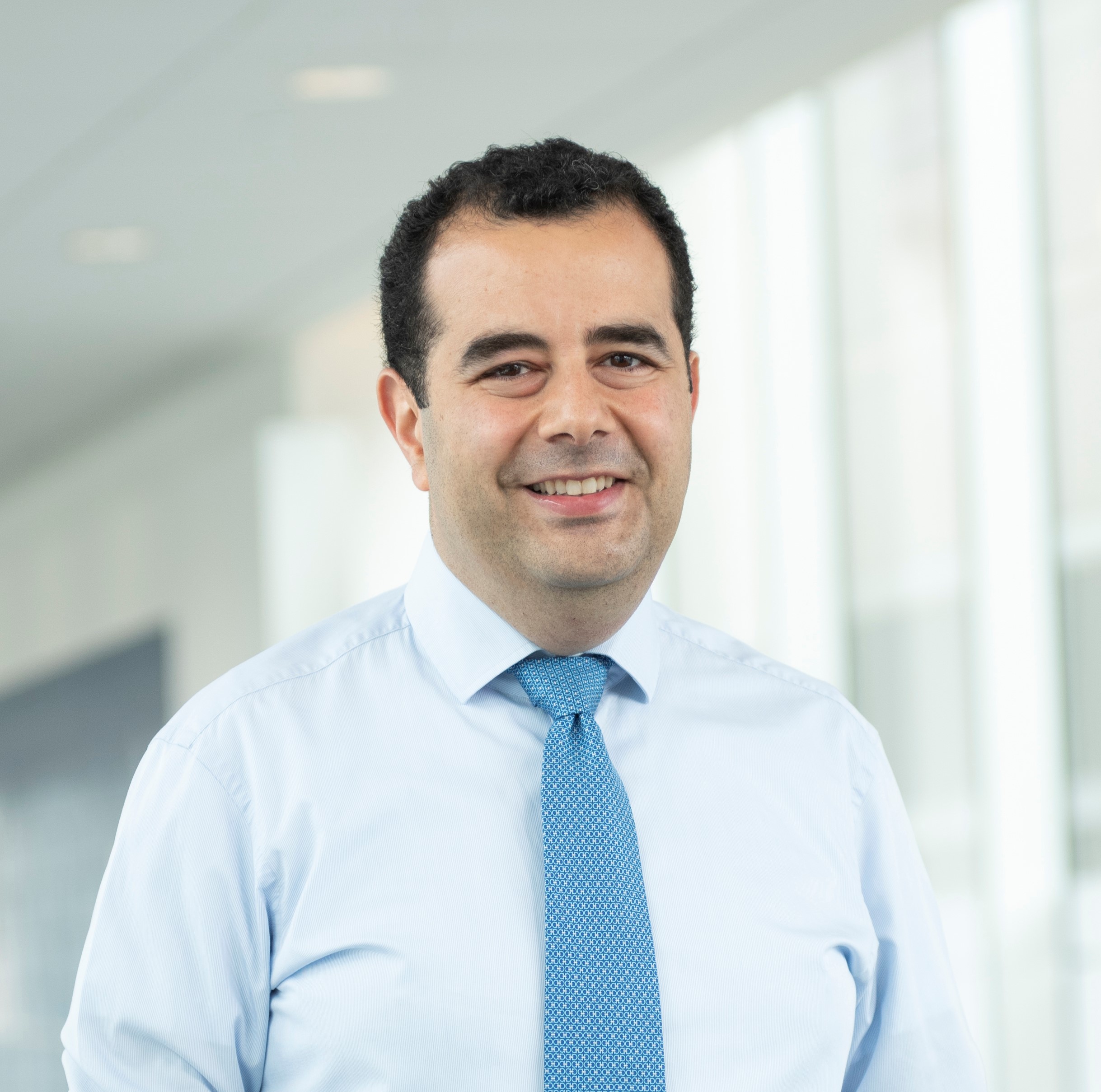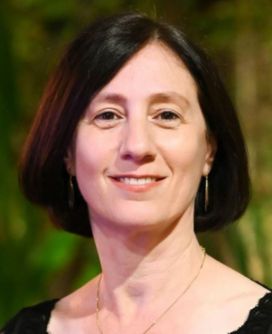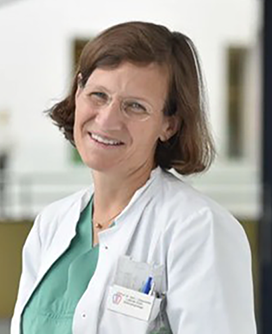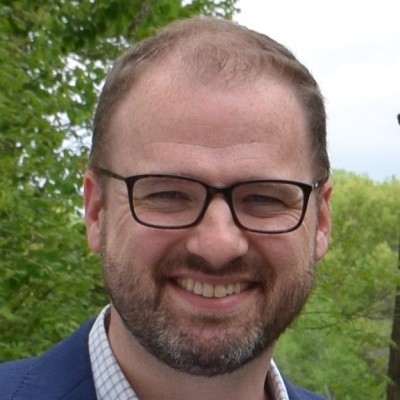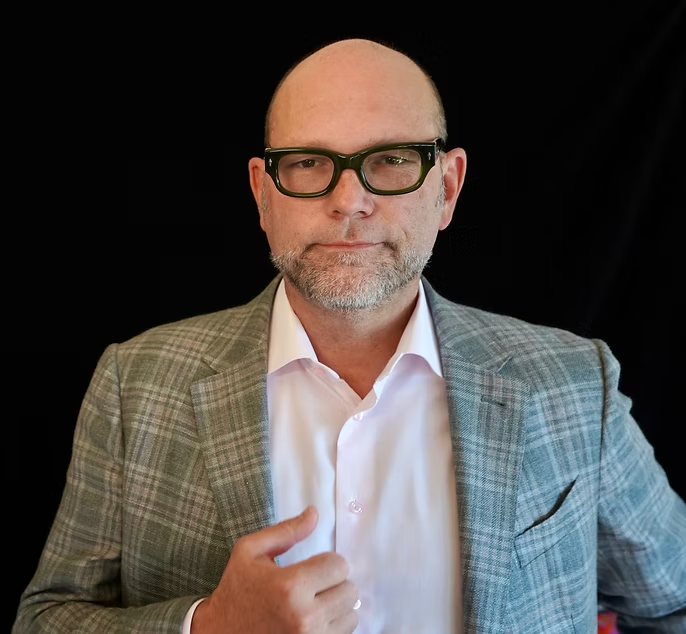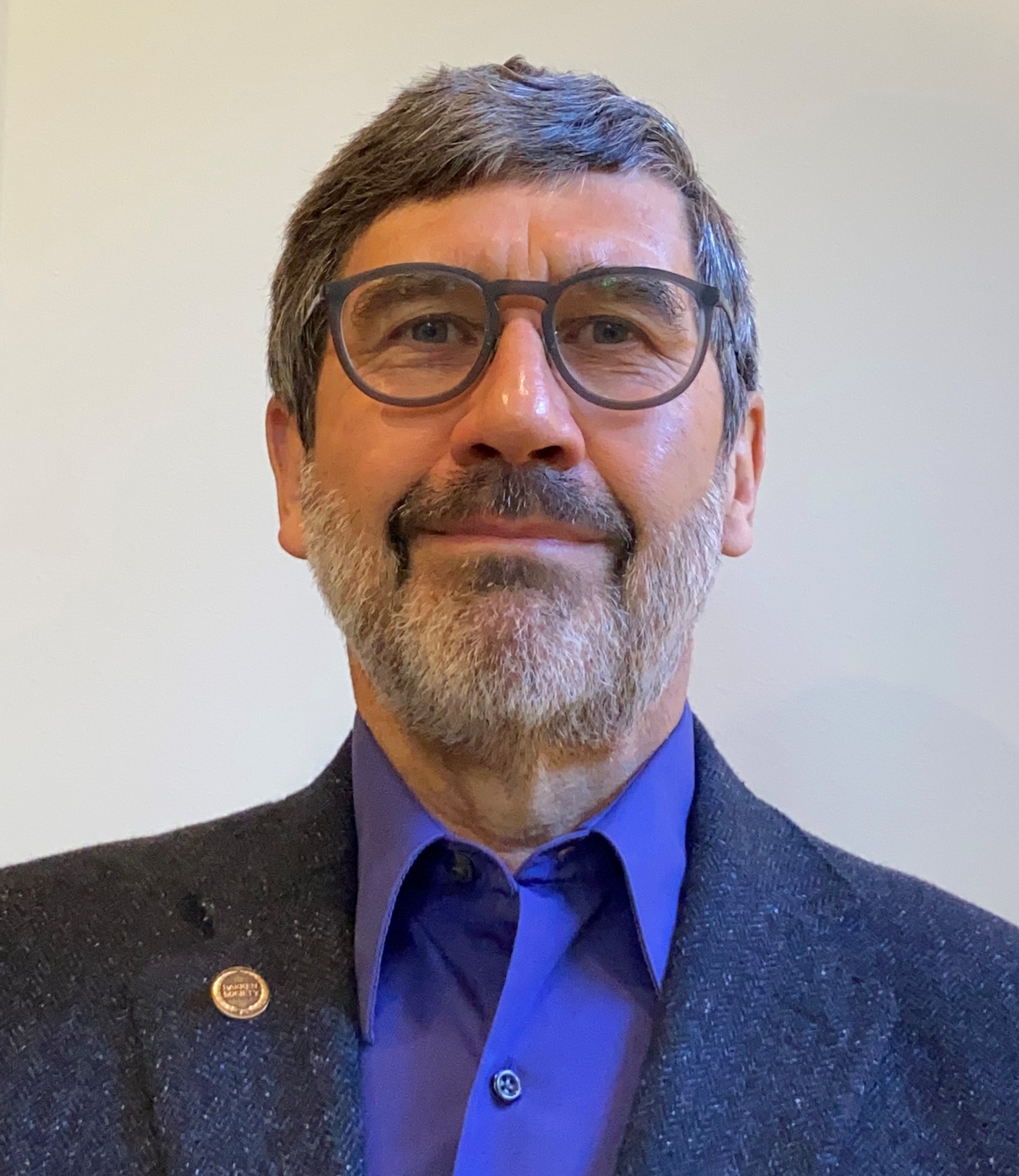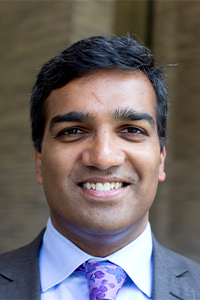Event category: Concurrent Session
Events
September 05, 2025

Meet the HRX Live Producers
Meet the HRX Live Producers
Suneet Mittal | Jonathan Piccini | Prashanathan Sanders

Global Pulse: Cardiovascular Innovation Beyond Borders
Global Pulse: Cardiovascular Innovation Beyond Borders
Deepak Padmanabhan | David Duncker | Sabine Ernst | Gerhard Hindricks | Arun Jose | Nagesh Rangappan
While much of the conversation around cardiovascular innovation centers on developments in the United States, transformative work is also taking place around the world. In this dynamic session, internationally recognized leaders will spotlight how their institutions and regions are shaping the future of cardiovascular care—from groundbreaking clinical trials and digital health platforms to regulatory strategies, new care delivery models, and cutting-edge procedural innovations.
September 06, 2025

HRX Pitch Competition II
HRX Pitch Competition II
Tony Fiola (Judge) | Robert Kowal (Judge) | Nishaki Mehta (Judge) | Ken Nelson (Judge) | Mintu Turakhia (Judge) | Daniel Gelman | Rodney Horton | Kashif Khan | Daniel Lee | Ryan Neely
The HRX 2025 Pitch Competition provides cardiovascular startups with a platform to present their innovative products, services, and solutions to a distinguished panel of judges and potential investors and win cash prices. The top five teams selected will compete on the HRX Main Stage. Each team will have ~5-10 minutes to creatively pitch their innovative idea, followed by five minutes to field questions from judges and attendees.
September 05, 2025

HRX Pitch Competition I
HRX Pitch Competition I
Tony Fiola (Judge) | Robert Kowal (Judge) | Nishaki Mehta (Judge) | Ken Nelson (Judge) | Mintu Turakhia (Judge) | Kasper Bourdette | Sanna Gaspard | Andreas Pfahnl | Eric Sandberg | Vidur Sahney
The HRX 2025 Pitch Competition provides cardiovascular startups with a platform to present their innovative products, services, and solutions to a distinguished panel of judges and potential investors and win cash prices. The top five teams selected will compete on the HRX Main Stage. Each team will have ~5-10 minutes to creatively pitch their innovative idea, followed by five minutes to field questions from judges and attendees.

Innovation in Lead Extraction: Moving Beyond the Tools of Today
Innovation in Lead Extraction: Moving Beyond the Tools of Today
Jonathan Piccini | George Crossley | Anne Kroman | Weston Lee | Faisal Merchant | Emily Zeitler
Lead extraction is an important treatment option for many patients with cardiac implanted electronic devices. While outcomes with lead extraction have improved over time, the tools used for lead extraction have remained relatively unchanged over the past 10+ years. There are now a variety of technologies in development that approach lead extraction through a fundamentally different approach. This discussion will focus on the unmet needs in lead management and how new developments and technologies may improve extraction procedures, subsequent outcomes, and perhaps even patient access.
September 04, 2025

Integrating ASCs into Practice and Innovation
Integrating ASCs into Practice and Innovation
Arash Aryana | Chad Bonhomme | Gopi Dandamudi | Dhanunjaya R. Lakkireddy | Usman Siddiqui | Kamala Tamirisa
Electrophysiologic procedural care has been largely relegated to hospitals for decades. The looming approval of ablation procedures in ambulatory surgical centers has the potential to bring a sea change to the EP field. This session will explore how ASCs may help innovate EP care delivery models. The session will also discuss how ASCs will disrupt current practice patterns, create selective pressures in different practice models, and change many aspects of research and quality improvement across EP.
September 05, 2025

FHIR-Forward: The Role of HL7 FHIR Accelerators in Electrophysiology
FHIR-Forward: The Role of HL7 FHIR Accelerators in Electrophysiology
David Slotwiner | Chris Irving | Andy Iverson | George Stuart Mendenhall | Craig Reister | Paul Steiner | John Windle
The success of interoperability standards for cardiac implantable electronic devices (CIEDs), driven by IEEE 11073 and HL7’s CardX FHIR accelerator, is paving the way for a broader transformation in cardiovascular data exchange. This session will explore how FHIR-based frameworks are being applied to real-world CIED use cases, and how these lessons can now be extended to wearable monitors, arrhythmia detection platforms, and beyond.
Panelists will share their experiences shaping the evolving ecosystem—from technical implementation to clinical impact—and discuss the opportunities and challenges of scaling this work across cardiology. Special focus will be given to AI-readiness, the need for semantic consistency, and the role of industry and regulatory stakeholders in driving adoption.
September 04, 2025

Accelerating Innovations Early in the Chain of Survival after Sudden Cardiac Arrest
Accelerating Innovations Early in the Chain of Survival after Sudden Cardiac Arrest
Mina K. Chung | Alan Cheng | Sumeet Chugh | April Heinze | Richard Price | Jake Sunshine | Natalia Trayanova | Paul Wang
SCA is a persistent public health problem, but little has changed over the past several decades. This session will highlight new approaches to the prevention and treatment of SCA that leverage innovative technologies and systems of care. Special attention will be given to how different technologies, education, and predictive analytics can synergize to improve the problem of SCA and improve outcomes.
September 05, 2025

Early Feasibility Studies and EP Innovation
Early Feasibility Studies and EP Innovation
Paul Wang | Julia Berzhanskaya | Andrea Russo | J. Peter Weiss | Khaldoun Tarakji | Liat Tsoref
EP Collaboratory to share efforts between industry and early stage companies to promote EFS within the US to increase patient access to new technologies and to support device innovation.

Pulsed Field Ablation: The End of the Beginning
Pulsed Field Ablation: The End of the Beginning
Vivek Y. Reddy | Isabel Deisenhofer | Thomas Deneke | Brendan Koop | Steven Mickelsen | Mark Stewart
By the time of HRX 2025, pulsed field ablation will have been clinically available in the US for more than a year and a half. While first-gen systems have brought notable changes to EP, these first-generation systems only represent the very beginning of PFA. This session will focus on discussion of the key developments and advances for next generation PFA technologies, including advances in pulse sequences, catheter design, integration with electroanatomic mapping, and patient- and anatomic-specific custom lesion formation.
